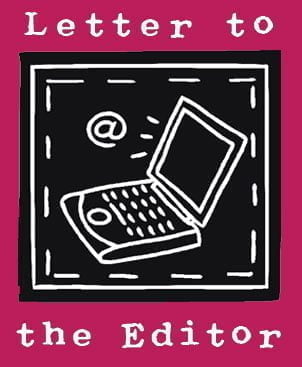The public confuses the term “science” with knowledge, because advancements in knowledge are so often associated with scientists conducting scientific research. Science, in fact, consists of investigational rules designed to reduce uncertainty about hypothesized causes. While good scientists follow the same rules, the hypotheses worth studying require deep knowledge of the field of inquiry. That being said, scientific knowledge about broad scientific topics is more the province of encyclopedists, textbook writers and clinicians (e.g., physicians, pharmacists, etc.) than scientists. This distinction is important for understanding the alarm that most scientists experienced when the Trump administration chose a new administration spokesperson for the COVID-19 pandemic task force.
They replaced Dr. Tony Fauci, chief of the National Institute of Allergy and Infectious Diseases, with Dr. Scott Atlas, a radiologist from the Hoover Institute, a conservative think tank at Stanford University. I checked the ISI scientific database for evidence of scientific research productivity by these two men. Dr. Atlas coauthored 48 mostly neuroradiology-focused articles since 2005, none of them focused on infectious diseases. Dr. Fauci coauthored 1,456 publications since 1974, mostly focused on investigating infectious diseases. Atlas had utterly no experience in conducting research on infectious diseases, whereas Fauci could discourse authoritatively for hours on what hypotheses were less or more promising.
President Trump preferred Atlas to Fauci because Atlas was willing to publicly endorse Trump’s belief that mask-wearing, social distancing and restrictions on economic activity were not needed in dealing with the COVID-19 pandemic. Assuming that Atlas and Fauci had equivalent expertise as “scientists,” Trump supporters were less inclined to take the practical steps endorsed by most infectious disease experts to slow transmission of the coronavirus, turning political affiliation into a significant risk factor. As a result, Trump supporters in the U.S. Senate have been 7.4 times more likely to be diagnosed with COVID-19 than Democrats. In the U.S. House of Representatives, Trump supporters have been 2.2 times more likely to be diagnosed with COVID-19 than Democrats. Political beliefs have health consequences, as the late 41-year-old congressman-elect Luke Letlow learned the hard way.
William McCarthy

